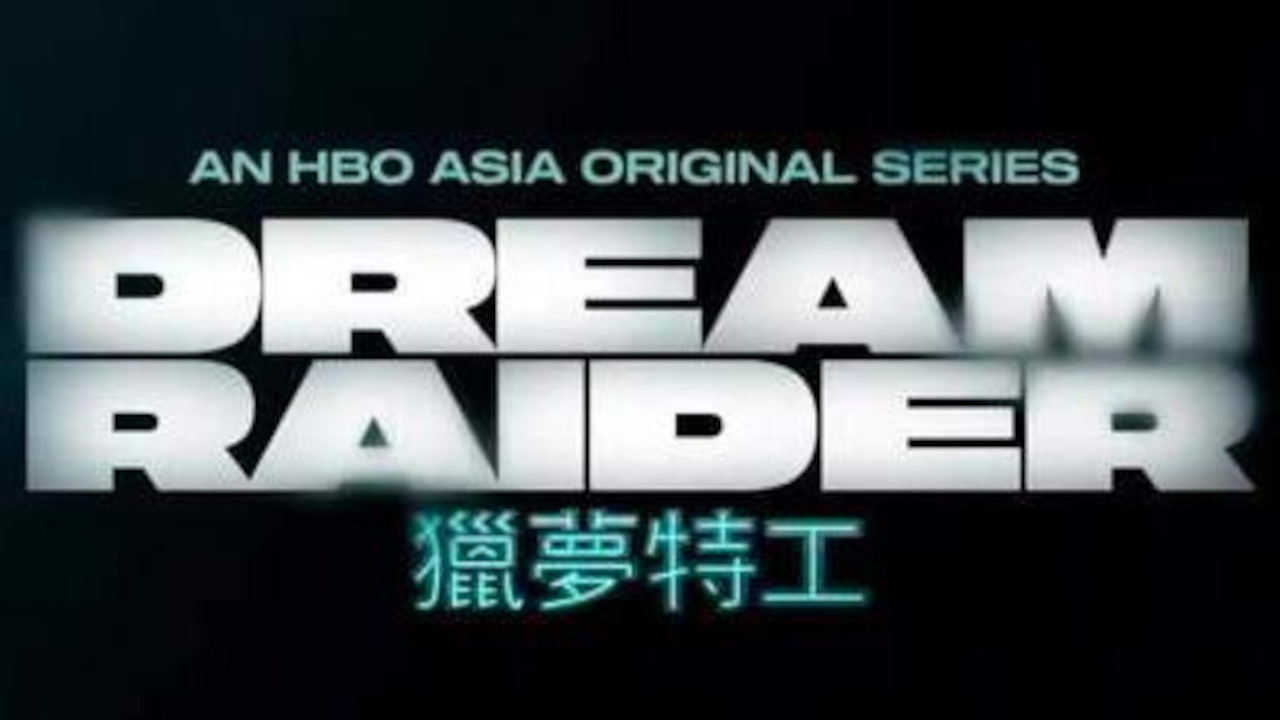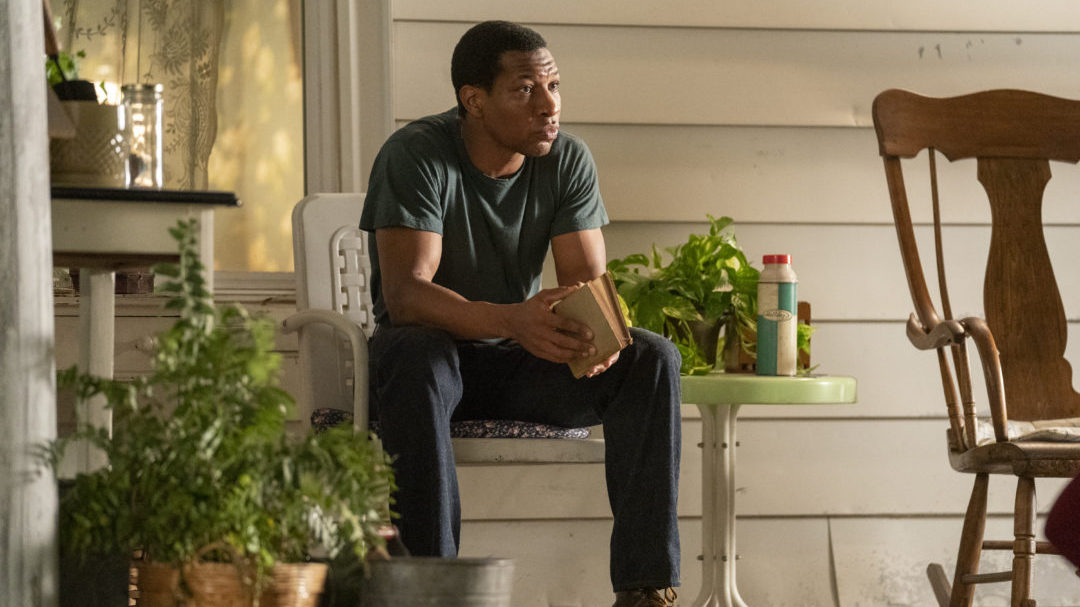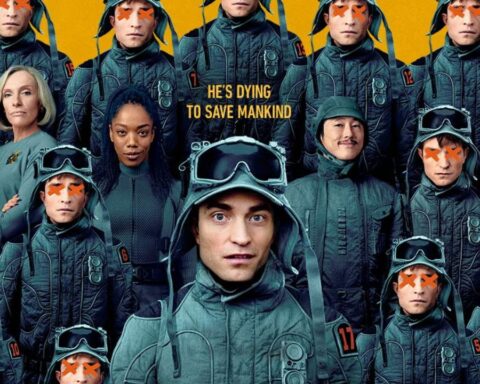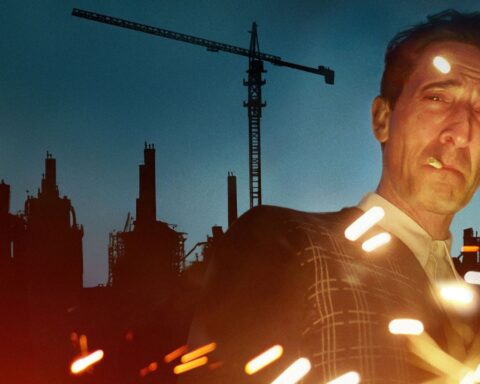In anticipation of the final release date for Christopher Nolan’s Tenet we’re taking a look back at the filmmakers’ previous movies. In this second instalment, Bahir takes a look at The Prestige and Inception.
Watching The Prestige, the first of two Christopher Nolan movies sandwiched within his Batman trilogy, feels like the ending of a first chapter for the filmmaker. The Prestige is by no means a small film, it can’t be when you have a cast that includes Christian Bale, Hugh Jackman, Scarlett Johansson, Michael Caine, Andy Serkis, Piper Perabo, Rebecca Hall, and David freakin’ Bowie. But The Prestige is, in tone and in storytelling, closer to Nolan’s earlier work in Following, Memento, and Insomnia, than it is to what comes after. Nolan’s The Prestige is the bridge movie, it is “The Turn” in Christopher Nolan’s magic trick.
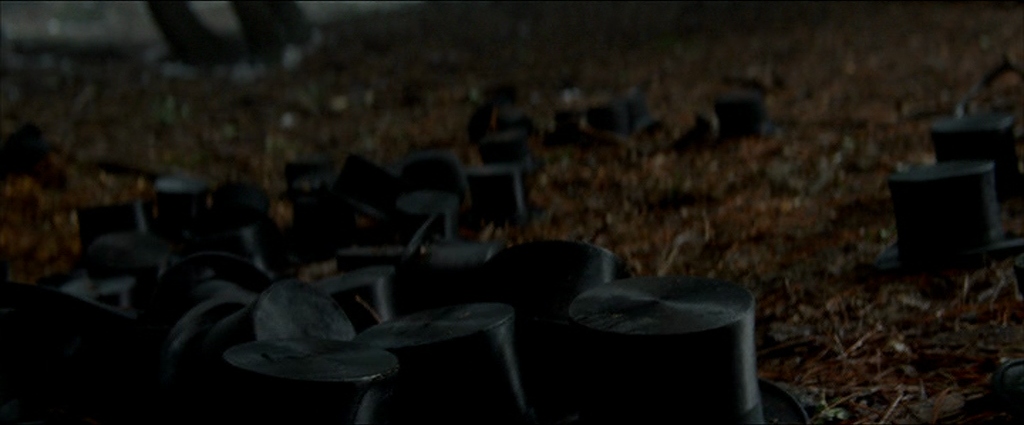
The Prestige tells a fairly simple story, albeit not a straightforward one. Christian Bale and Hugh Jackman play rival magicians in London at the end of the 19th century, who after an unfortunate accident, have their rivalry raised to dangerous levels. Being his first “big” film, Nolan utilises a now tried and true trick of playing with time in his storytelling, something he first pulled off in Memento. (Some may argue, not incorrectly, that Memento should hold the mantle of his first big triumph, but I would argue that The Prestige was his first proper international success.)
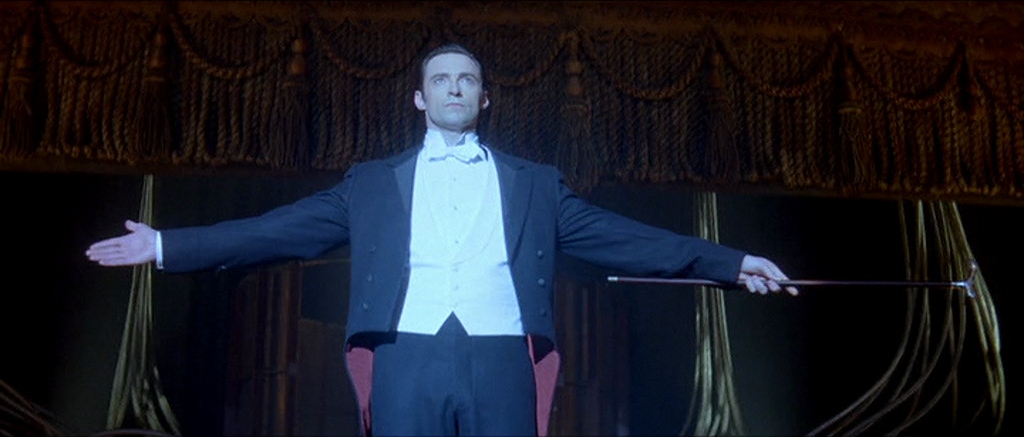
The Prestige is littered with scenes that aren’t in their proper place in time, with the two opening scenes being not from the start of the story, but rather the middle and the end. Christopher Nolan sets the audience up by giving them an insight into where this story will end up. They just don’t know it. Throughout the movie, the audience is taken through the story by narration from both Bale and Jackman, as one reads the other’s diary, often going back in time to that particular moment in the diary, but without it being treated as flashback. The audience is learning of events just as the characters are, reading about it in their respective stolen diaries.
In lesser hands, these “time jumps” can be confusing and disorientating, but with Christopher Nolan (and his co-writer/brother Jonathan Nolan) these scenes and story beats are treated carefully. As a filmmaker, Christopher Nolan respects his audience by not throwing in a title card or a color wash. But he also demands respect from his audience for his story. Pay attention and you won’t get lost. Play with your phone and you won’t know why we’re in Colorado Springs.
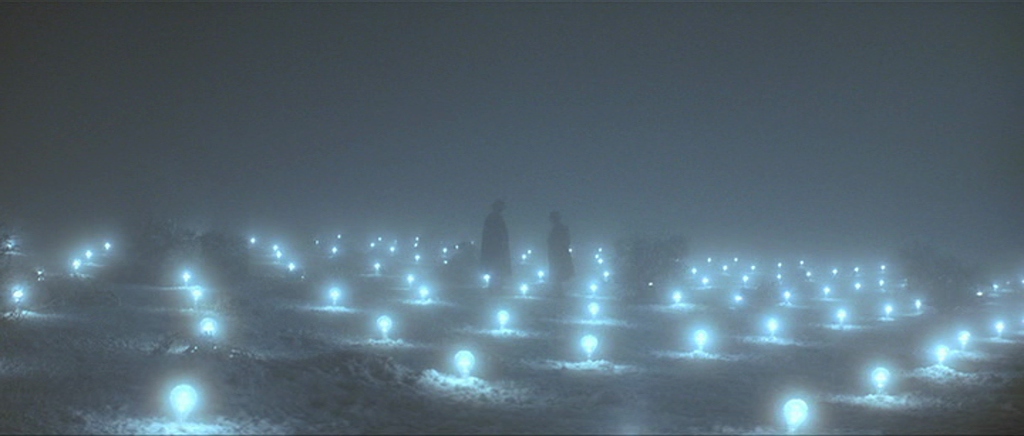
And with that, you have bought into Christopher Nolan’s Turn. The Prestige is the end of the first era of Cristopher Nolan, and with The Dark Knight and Inception, the beginning of the big budget, triple A director.
The Dark Knight Trilogy is another article for another author, but in Inception, we see Christopher Nolan begin his big home run swings. Not bolstered (or held back) by an established character, Inception not only introduces the word to the general lexicon and zeitgeist, but also a new idea. The idea of stealing ideas. Or in Inception, planting them.
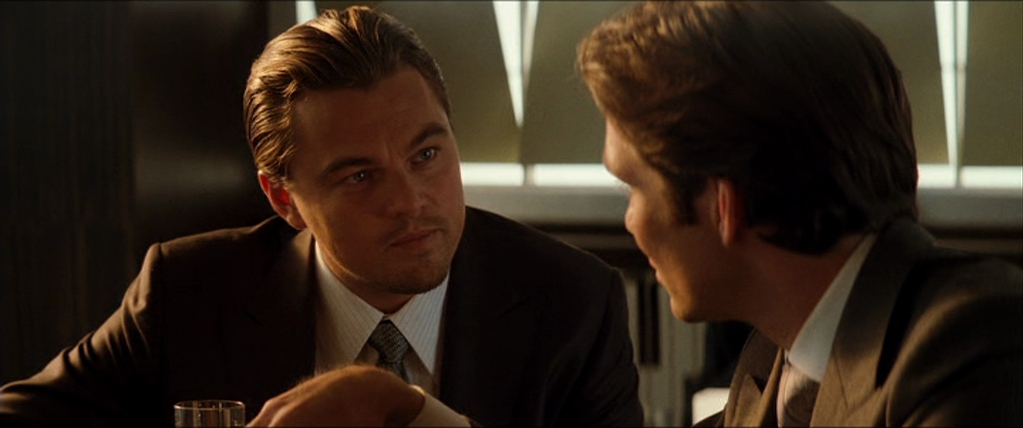
Inception follows the big scale success (both in storytelling and in audience reception) of The Dark Knight. Another director may have tried to make a smaller film after that, but not Christopher Nolan. He goes bigger. (Just look at the cast: Leonardo DiCaprio, Joseph Gordon-Levitt, Tom Hardy, Michael Caine, Ellen Page, Ken Watanabe, Cillian Murphy and Marion Cotillard.)
In the first 10 minutes of the film, the audience is introduced to the idea of corporate espionage by way of infiltrating a target’s subconscious. In that first ten minutes, you are also introduced to the antagonist of the film, Marion Cotillard’s Mal, the ex-wife of our protagonist, Leonardo DiCaprio’s Cobb. And then, 15 minutes in, you find out that not only can a person infiltrate a target’s dream, but that you can also have levels. 30 minutes in, and you are introduced to the role of the architect. You then see the Penrose stairs, and mazes, and totems, and rules, and trains, and levels within dreams within worlds. Inception throws you in the deep end, teaching you how to swim, while telling you to not sink. Respect for the audience, while demanding respect from the audience.
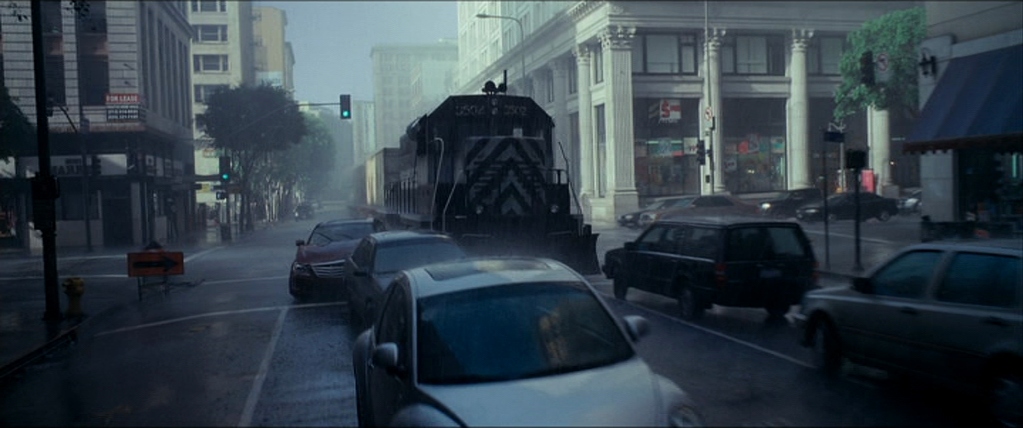
Christopher Nolan truly raises the bar on this one. He has a train drive through down town traffic. He blows up multiple sets. He rotates a hotel hallway for reals. This movie has some of the best zero gravity scenes ever put on screen. Slow-mo porn galore. And none of it just for show. All of it is in service of the story.
And with Inception you have bought into Cristopher Nolan’s Prestige. Inception proved that you don’t need an established IP to make bank. You just need a good story and a spectacle that’s deserving of the big screen. Inception truly announced Nolan’s arrival at the pantheon of Hollywood directors. That he could launch a movie based on his name alone, assisted by nothing more than a wonderfully vague trailer. (The conversations around Tenet prove that.) With that, Nolan’s big shift from imaginative indie director, to blockbuster director, to imaginative director, to bankable director, was complete.
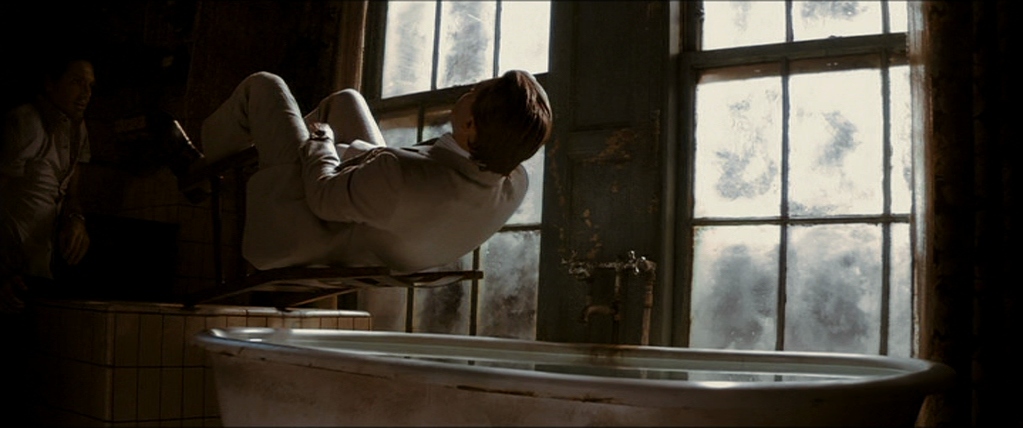
Christopher Nolan’s movies are primed for multiple viewings. Unlike a lot of gimmicky, third-act-reveal movies, both The Prestige and Inception reward multiple viewings. Knowing the ending only reveals the true genius of the writing. You start to notice the little bread crumbs that the writers have left behind. You pick up the clues left early in the movie that make the big “ah-ha!” moment all the more satisfying. Upon rewatching, you see that the writing earns the big reveal, rather than diminishing it. The Prestige does this through character dialogue, with what seems to be the breakdown of a marriage between Christian Bale’s Borden and his wife Sarah, played by Rebecca Hall. In Inception, the writing reinforces the rules of the world that was built, and how those rules fortify the film, and bolster the notion that an idea, once incepted, can kill.
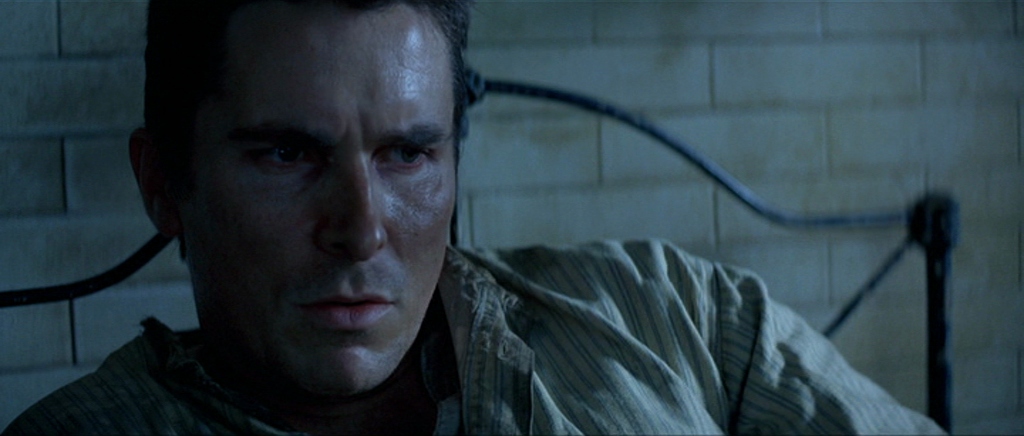
Rewatching Inception recently has left me with one lingering question. A throwaway line between Joseph Gordon-Levitt’s Arthur and Ellen Page’s Ariadne describes Cobb’s spinning top totem as having belonged to Cobb’s ex-wife Mal. So is the totem still a reliable gauge of “reality?” Is it Cobb’s true totem, or is it his wedding ring that he appears to wear in the “dream world” but not in the real world? I don’t know, and truth be told, I don’t want to know. The satisfaction is in the not knowing. The satisfaction is in turning the idea over in my head. The satisfaction is in the idea of being incepted in the first place.
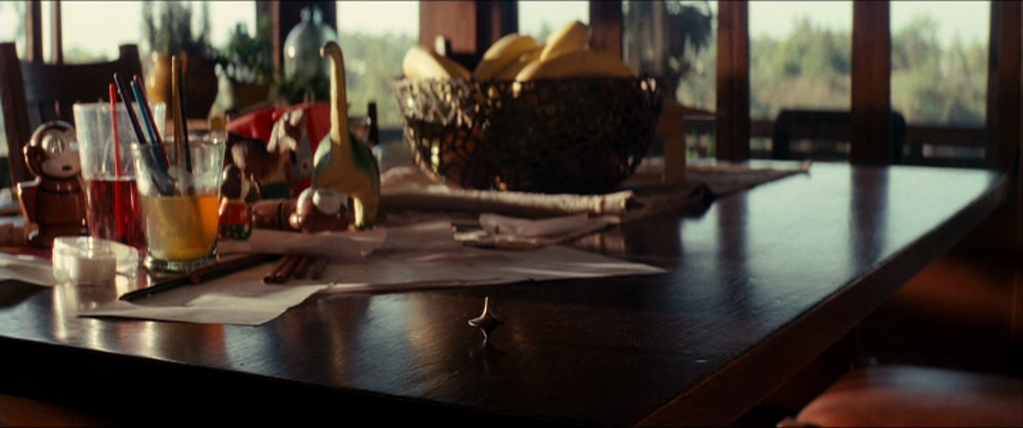
And that feels like the true genius of these two Christopher Nolan movies. That he can break down a story, giving you “The Pledge,” “The Turn,” and “The Prestige,” and still have the audience be enthralled. That he can have an idea, incepted into your mind, and even when you know the idea is planted, to accept it as fact. These movies show the respect that Christopher Nolan has for the audience and the art form. Now all you have to do is put down your damn phone and respect the story.


